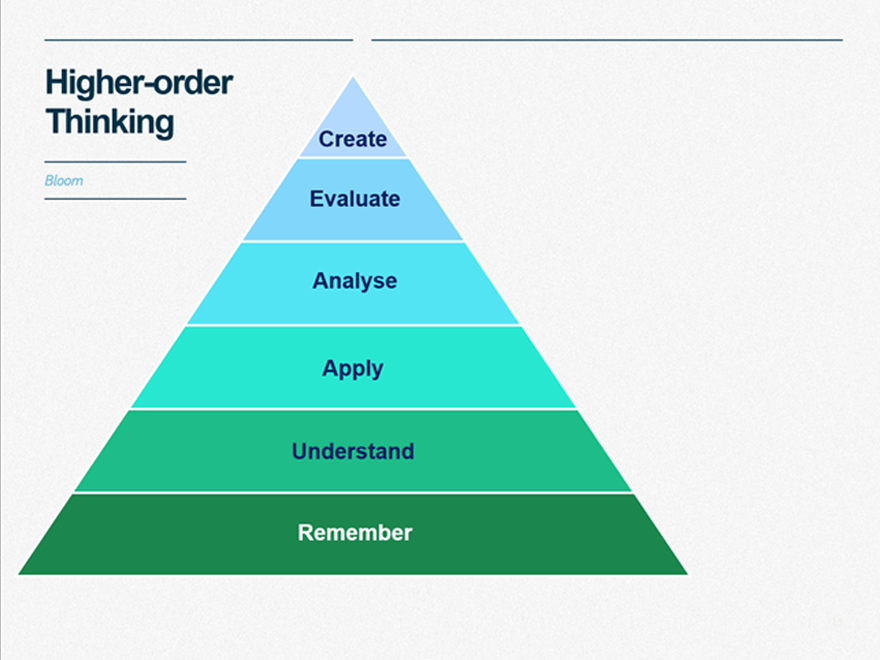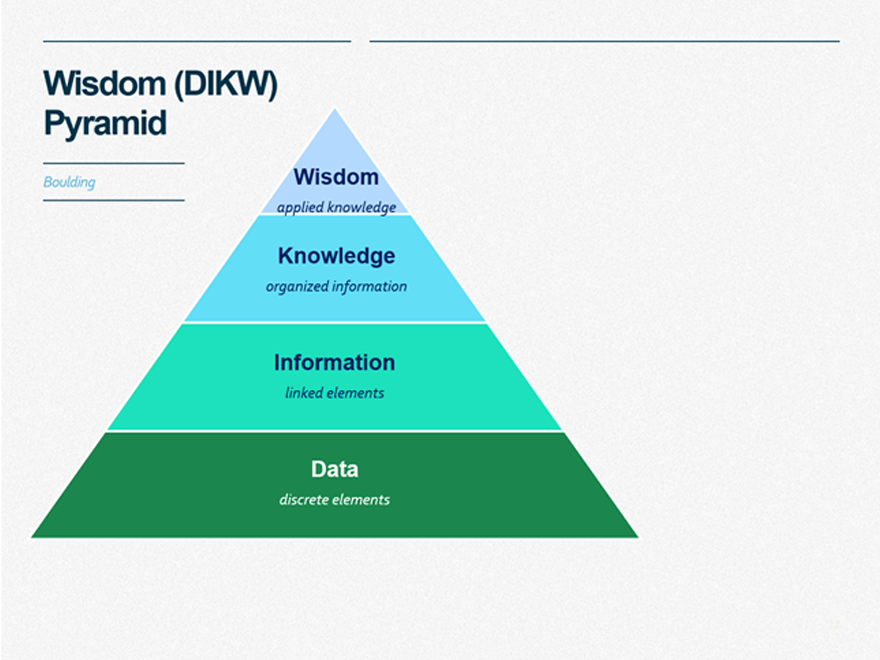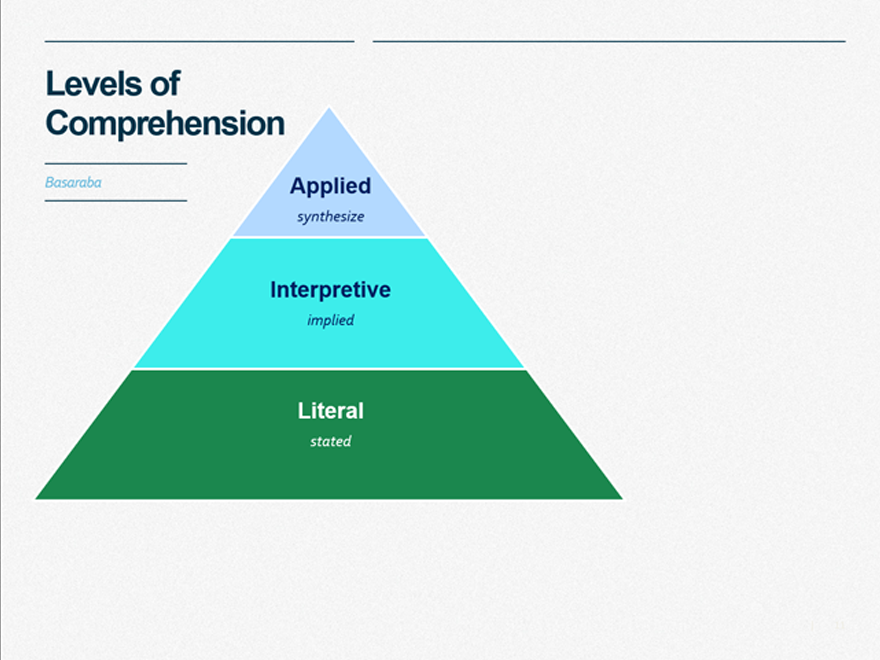Knowledge
Originally published 2 Aug 2014
“Human behavior flows from three main sources: desire, emotion, and knowledge.” – Plato
Knowledge has been taken apart many times, I believe it all boils down to the transition from, unaware, through awareness to being able to explain something. The framework below is my very own

Knowledge
I believe that first, we are not aware of what we do not know (unaware). Then when someone introduces a concept, we become aware of it and also (almost immediately) see that we can learn much more about it (being aware of what do you not know). After learning more you can start contributing and help others understand the thing you have studied (to explain it to others). This is my take on knowledge, but there are many other frameworks (listed later).
Unaware
People who are unaware will not know what is out there that they do not know. It makes me think of the proverb ignorance is bliss – that a lack of knowledge results in happiness. Yes, sometimes it is better not to think about things with very negative consequences or know about all the suffering in the world. No, this does not mean that you should not know it is there. Becoming aware of something is not always pleasant, but using it to improve a situation is – and by staying ignorant will only worsen situations.
Aware
People who are aware, are amateurs in the area they have achieved awareness in. A person who just started playing chess knows the rules and can tell what the pieces do. He does not know (and knows he does not know) how to use this data to create winning games. In this phase, people tend to overestimate their level of knowledge, because they do not fully know what they do not know (the “Dunning-Kruger effect”). At the same time he or she does know that by constantly analysing and improving, you can become an expert.
Explain
People who know what there is to know about a subject can be considered experts. A grandmaster (GM) of chess has taken the data, analysed it and turned it into wisdom. With this wisdom he or she can create winning games and new tactics. At the same time, a GM can explain this to the amateurs who are learning chess. Wisdom does not equal being good in explaining something, but they are closely related. And being able to explain your specific knowledge does also not mean you will never have to learn again, between the level ‘explain’ and ‘aware’ there is a constant feedback loop.
Examples
- Unaware – Most people’s understanding of quantum physics can be qualified as unaware – they have no data
- Aware – Almost everyone knows what different political parties stand for and what direction they want to take a country in – you have data and can analyze it
- Explain – Neil DeGrasse Tyson not only knows a lot about astrophysics, he also beautifully conveys and explains it to other people (making them aware)
When to Use
Use this framework to better understand other people. Some things that seem clear as day to you, may be wholly unknown to someone else. If you are aware of something, try and learn more, and after that make other people aware. Also, use this framework in conjunction with other frameworks (listed below) to further analyze where knowledge (or wisdom) comes from.
“… there is no shame in not knowing. The problem arises when irrational thought and attendant behavior fill the vacuum left by ignorance.” – Neil DeGrasse Tyson
More on Knowledge:
http://en.wikipedia.org/wiki/Higher_order_thinking_skills – Wiki on Bloom’s model
https://www.youtube.com/watch?v=JTvcpdfGUtQ – Vsauce on Youtube about knowledge (and not knowing)
http://www.slideshare.net/marimar27/comprehension-and-levels-of-comprehension – Slideshare on comprehension



